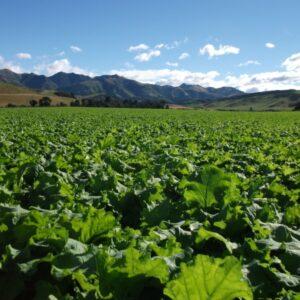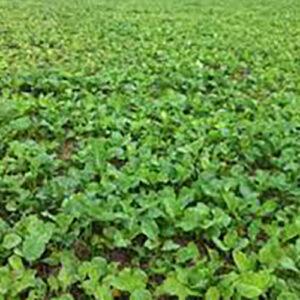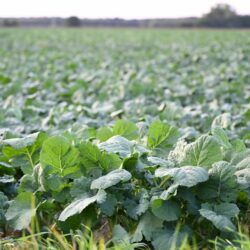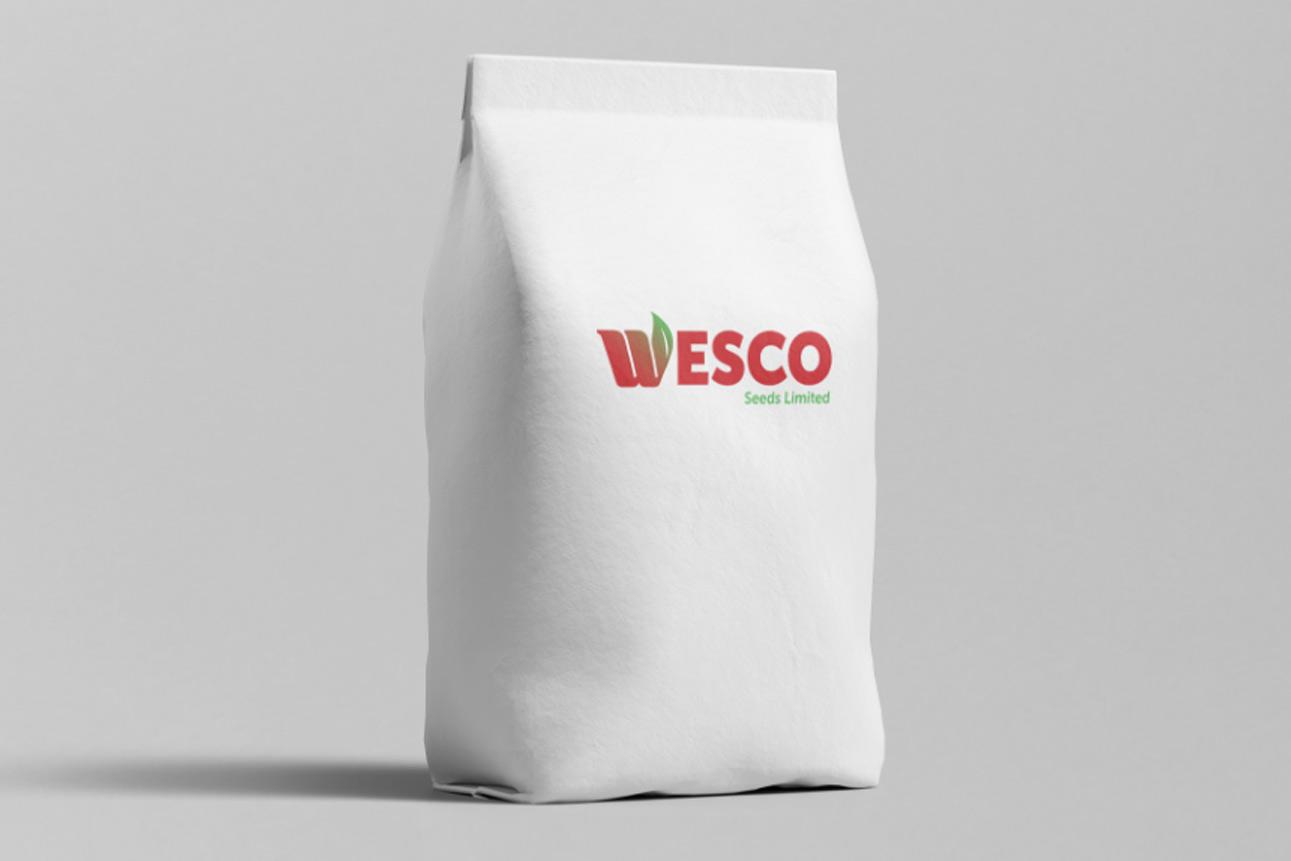Maximus
Home » Shop » Ryegrasses » Perennial » Maximus
Maximus is a diploid perennial ryegrass with dense tillering and early flowering it has exceptional persistence.
This cultivar performs in a range of challenging environments.
Standard endophyte.
$10.95 – $14.45Price range: $10.95 through $14.45 excluded GST
Description
Maximus is a diploid perennial ryegrass with dense tillering and early flowering. It has exceptional persistence. This cultivar performs in a range of challenging environments.
Perennial Ryegrass is the popular choice in New Zealand for permanent pastures. It’s quick establishing, yields well, has a high nutritive value and can tolerate various management practices.
Diploid plants
Ryegrass is a diploid plant naturally, having two sets of chromosomes. The advantage of diploids is that they combine yield and robustness, meaning that they perform in a variety of conditions. Diploid plants produce more tillers per plant, with a lower water content per cell, which results in a higher dry matter per kilogram of feed and more energy than tetraploid plants. Compared to tetraploid cultivars, they are more robust and less likely to be overgrazed, more tolerant to pugging and less likely to be attacked by pests like Argentine stem weevil. Their robustness is a trade-off with lower metabolisable energy (than tetraploids), with a lower ratio of soluble carbohydrate to fibre. Their lower, denser growth form can shade clover making them less compatible than tetraploids.
Additional information
| Treatment | DYNASTRIKE, GOLDSTRIKE, UNTREATED |
|---|---|
| Maximus | 100% |
Cultivation
Recommended +16 days heading.
Sowing Rate
Recommended sowing rate of 18 – 22 kg per hectare.
Price Table
| Treatment | 500 kg + | 100 – 500kg | 10 – 100kg |
|---|---|---|---|
| Untreated | $8.50 | $8.95 | $9.9.5 |
| Dynastrike | $10.00 | $10.45 | $11.45 |
| Goldstrike | $12.00 | $12.45 | $13.45 |
All prices are excluded GST. Minimum order 10kg.
Related products
-

Goliath
$26.50 excluded GST/kg This product has multiple variants. The options may be chosen on the product page -

Kestral
$24.50 – $30.50Price range: $24.50 through $30.50 excluded GST This product has multiple variants. The options may be chosen on the product page -

Rival
$21.00 – $27.00Price range: $21.00 through $27.00 excluded GST This product has multiple variants. The options may be chosen on the product page
